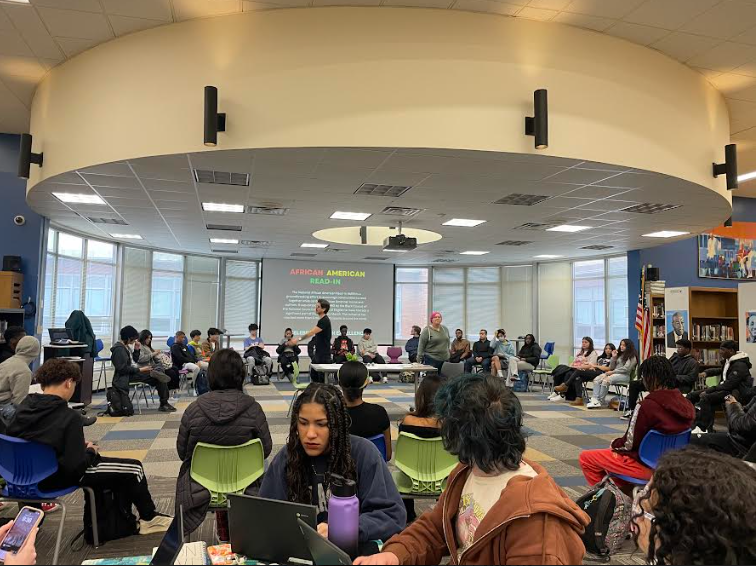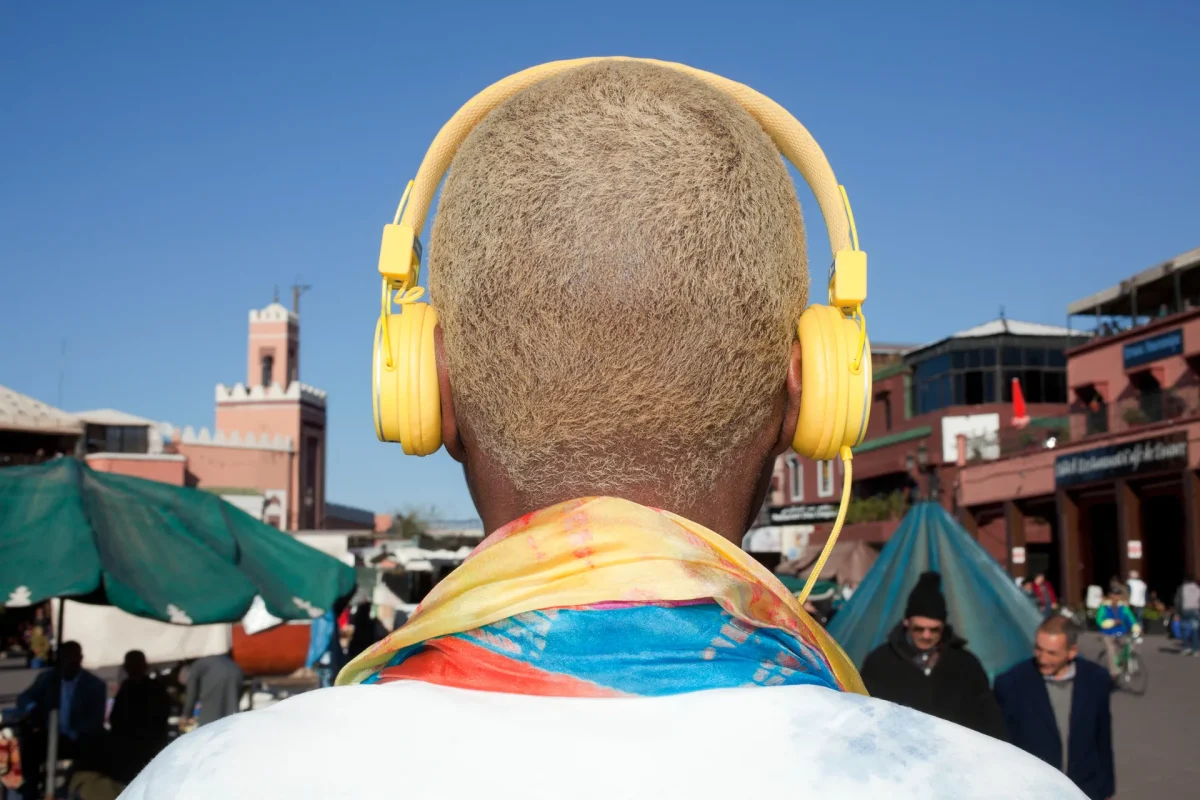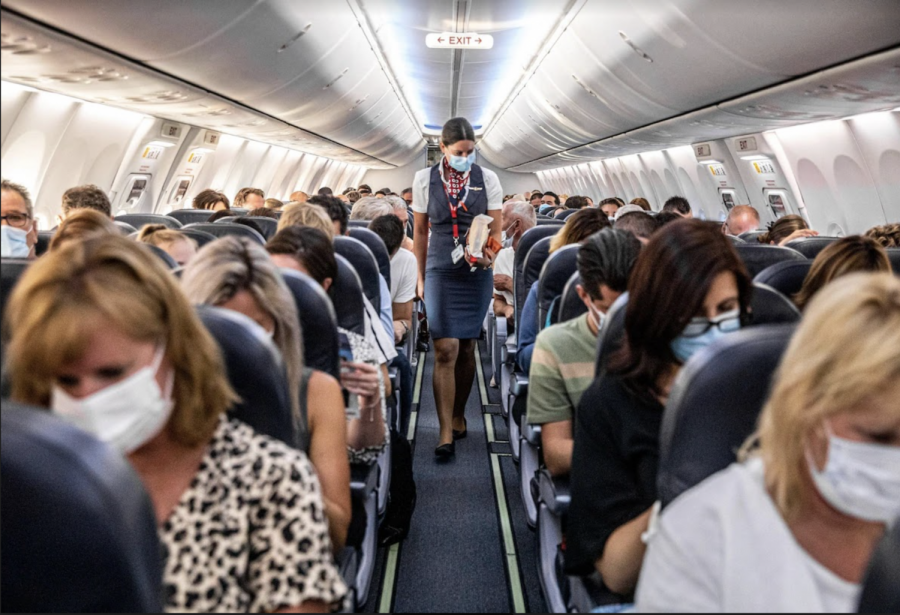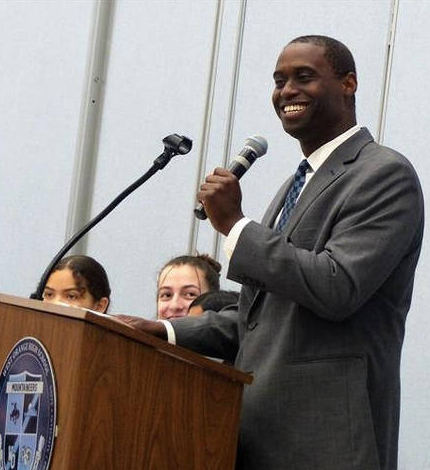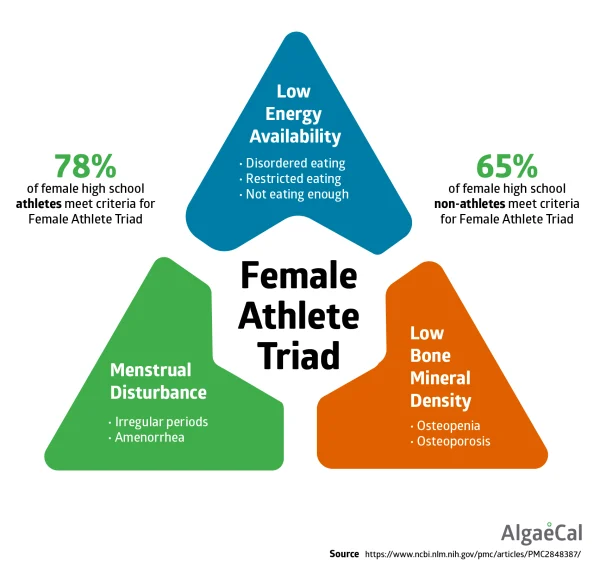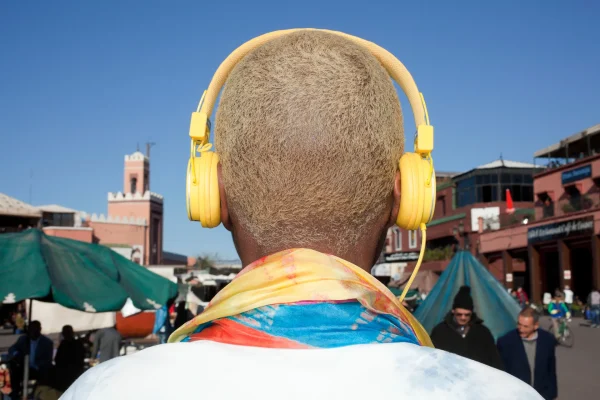Later School Start Times-The Answer to Sleep Deprivation

Sleep debt. You may not have heard of this, but I assure you it is real and it’s robbing students of their education and well being.
Sleep debt is a result of not getting enough sleep during the week. To pay off this debt, students may consider sleeping more hours on weekends. However, chances are that they still aren’t sleeping enough to account for all the lost sleep during the week. These hours left over from the entire week tally onto the next week and so on, leaving them in excessive debt.
This sleep debt ultimately causes sleep deprivation which is seen is many other teenagers as well. Research suggests that about 90% of teenagers are sleep deprived. The results of being sleep deprived consist of cognitive impairment, higher risk of obesity, mental health issues, trouble learning, dependence on sleep and anxiety medications, and a greater chance of substance abuse and depression. Fortunately, there is a solution.
Later school start times will provide essential sleep that students are being dispossessed of. Currently, more than 90% of high schools and more than 80% of middle schools start before 8:30 a.m. These early start times are not allowing teens to get the recommended nine hours of sleep. In fact, only 9% of high school students are actually meeting these needs. Even more concerning is that 20% are getting less than five hours per night. Not only will a later start time lead to better physical health, but also increased success in the classroom.
According to the University of Minnesota Undergraduate Journal of Psychology, “Students with longer sleep times report significantly higher grades than students with poor sleeping schedules.” This is no surprise coming off research that has proved that more sleep leads to increased concentration, memory, and critical thinking. An even more direct example can be seen through a high school in Edina, Minnesota who changed their start times from 7:25 a.m. to 8:30 a.m. After doing so, verbal SAT scores for the top 10 percent of students increased by several hundred points.
This increase in educational success can also reflect on the economy. Better high school graduation and college attendance rates will outweigh the costs of altering bus routes for transportation. Also, childhood obesity costs and estimated annual cost of $45 billion. Since sleep loss is a major contributor to obesity, this number could see a major decrease. Another effect would be reduced rates of car crashes among sleepy adolescent drivers. According to a new study by the Rand Corporation, the US would save roughly $9 billion a year in economic gains by starting public school classes no earlier than 8:30 a.m.
People may argue that by having a later start time, you would also have a later end time, therefore kids will just go to bed later and wake up later, averaging the same amount of sleep as before. However, this will not be the case due to circadian rhythms. Circadian rhythms refer to our biological clock, or regular bodily rhythms that occur on a 24-hour cycle. During puberty, adolescents become sleepy later at night and need to sleep later in the morning because of their circadian rhythms. Therefore, having a later start time will certainly improve sleep in adolescents because they will still be falling asleep at the same times, but now will have the chance to sleep later, allowing them to average more sleep.


